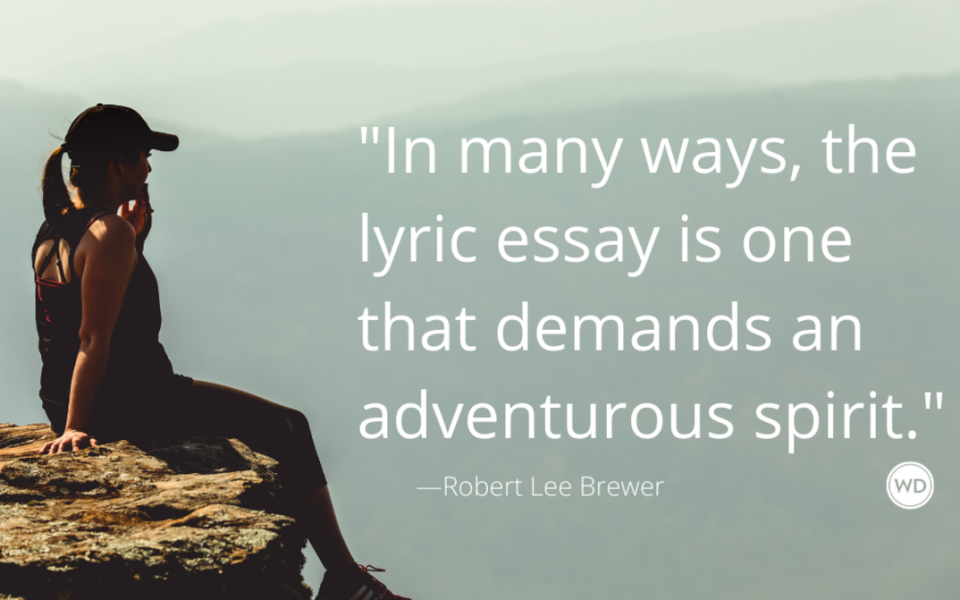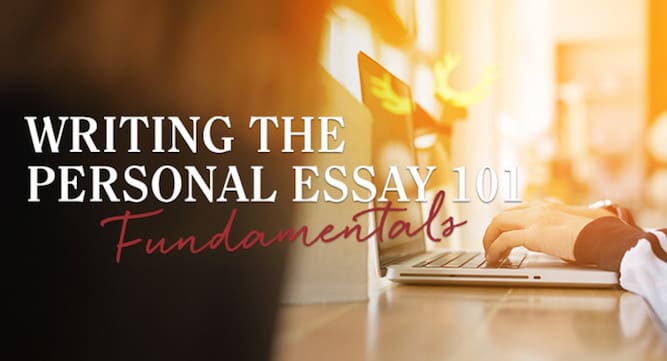What Is a Lyric Essay in Writing?
I saved the lyric essay for April, because April is poetry month, and the lyric essay is a little more on the poetic and experimental side of creative nonfiction writing. In fact, most places that talk about the lyric essay reference poetry. Does that mean only poets can write the lyric essay? Well, that’s one of the topics we’ll address here.
(What Is a Personal Essay in Writing?)
In this post, we’re going to look at what a lyric essay is, including what makes it different from other types of essays and when writers may prefer to use this style.
What Is a Lyric Essay in Writing?
A lyric essay uses many poetic tools to convey creative nonfiction. These tools can (but don’t necessarily have to) include autobiography, figurative language, and sonic devices employed by many poets.
(List of poetic forms for poets.)
A lyric essay may be written in prose paragraphs at one point and switch over to poetic stanzas at another before jumping back into prose poems, lists, or any number of other writing devices. It’s a very experimental form that can employ elements of the braided essay and/or fragmented essay.
So, does a writer need to be a poet to write a lyric essay? Without getting into the philosophy of what makes a poet, let me just say that anyone can write a lyric essay. It just involves applying more interesting and artistic writing tools than a traditional personal essay. These could include using metaphor, alliteration, symbolism, repetition, and other sonic and imagistic devices.
In many ways, the lyric essay is one that demands an adventurous spirit. These writers of creative nonfiction are willing to challenge themselves and take risks while trusting that there will be readers who are bold enough to follow them somewhere new.
*****
This course guides beginning and intermediate writers through elements of how to write a personal essay, helping them identify values expressed in their stories and bring readers into the experiences described. Writers learn how to avoid the dreaded responses of “so what?” and “I guess you had to be there” by utilizing sensory details, learning to trust their writing intuitions, and developing a skilled internal editor to help with revision.



